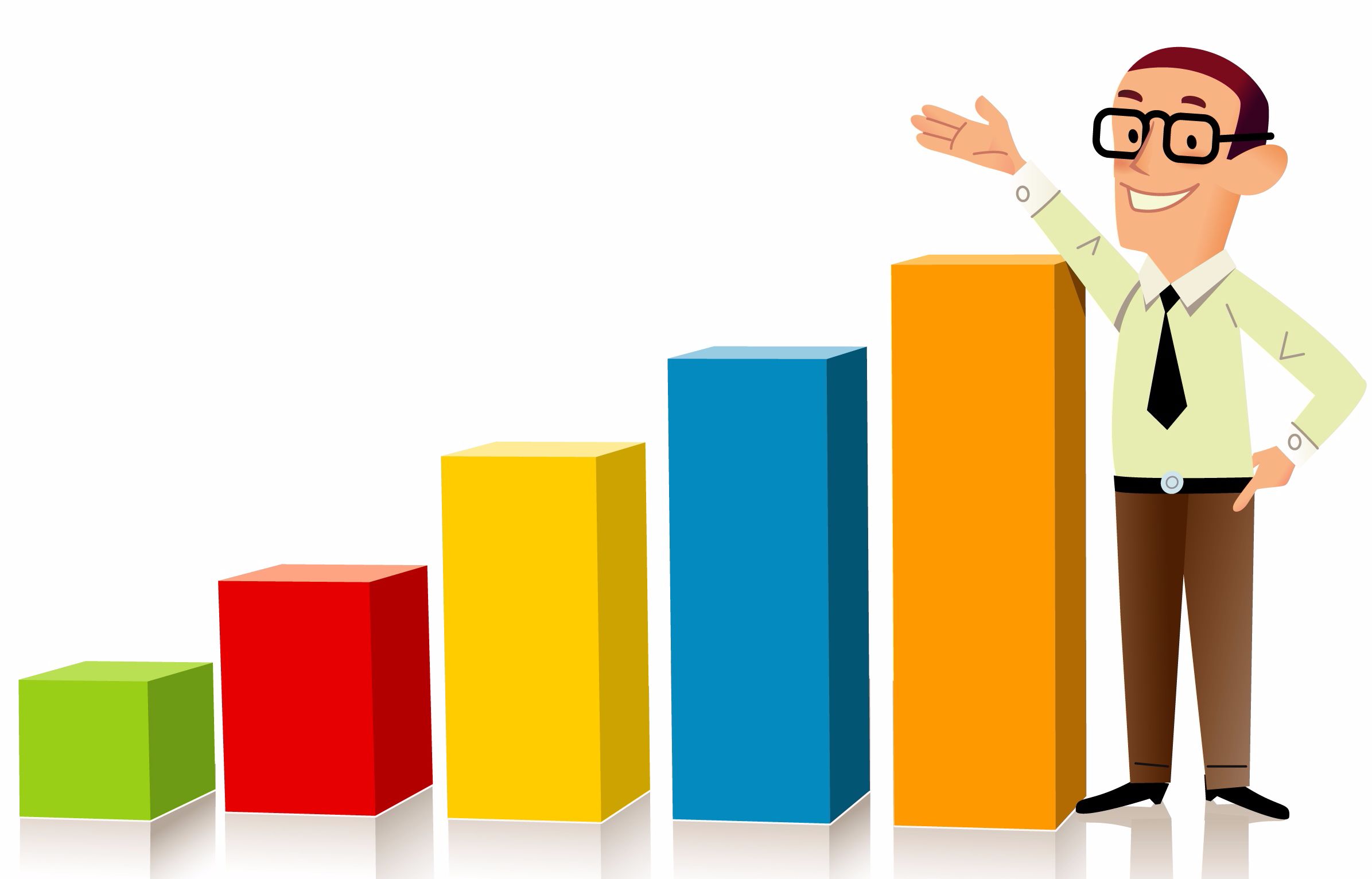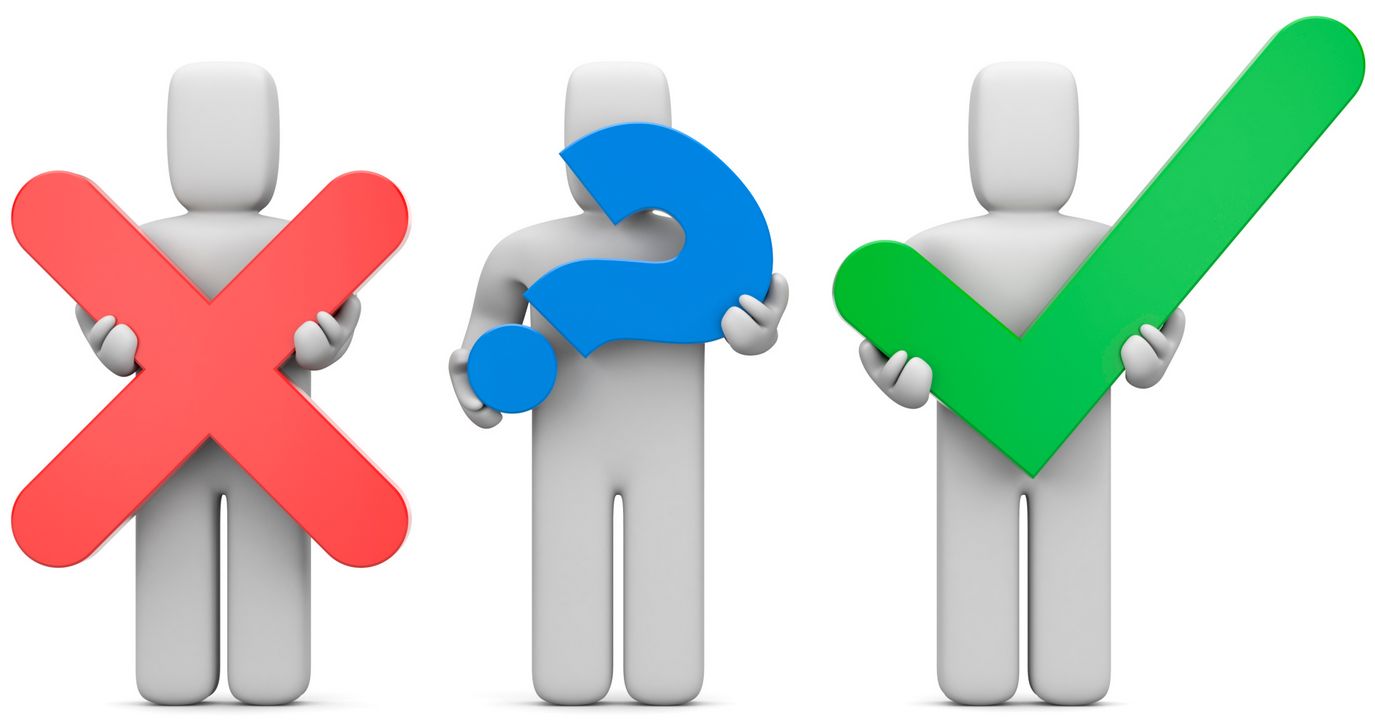
How to Boost Conversion Rate on Your Business Website
April 2, 2015
Seven Reputation Management Tools for Small Business Enterprises
April 8, 2015Whether Beacon Technology has the Potential to Revolutionize Retail Industry
In the retail industry, there is a lot of debates going regarding the use of beacon technology and how it will bridge the gap between mobile technology and sales at brick-and-mortar stores. Before we go into detail, here is a little background about beacons and how they work. As the name implies, beacons are low-powered radio transmitters that utilize Bluetooth technology to monitor the proximity of smartphones and tablets. When a mobile device is in the proximity of a beacon and has the retailer’s app enabled on the mobile device, the beacon can trigger push notifications that promote special offers and useful content directly to the device.
It is for this reason why retailers so much interested in this technology. For instance, in January 2014, popular grocery stores such as Safeway sought the services from iBeacons which is beacon technology service provider by rolling out their Bluetooth LE beacons at the entry of over 200 stores. The primary goal of such campaign is to reach consumers who they know with absolute surety are walking in or right near a store in order to enhance the effectiveness of messaging.
According to a January 2014 study conducted by Swirl, about 80 percent of customers are more likely to engage with retailer mobile apps while shopping if they receive notifications on deals and discounts. Also, another 62 percent of survey respondents will engage if the content is personalized to their likes and preferences. It seems that more and more retailers are trying to ‘experiment’ with this technology.
Sephora Rolled Out a Beacon Trial
French cosmetics brand, Sephora rolled out a beacon trial a few weeks ago in their store in San Francisco, during which they found that 82 percent of customers opted in to receive messages. According to Swirl’s study, 65 percent of 1000 surveyed smartphone owners would rather learn about a promotion from their mobile over a sales associate. Furthermore, 79 percent of users who read or opened push notifications related to shopping made a purchase. By investing in beacon technology, the cosmetic brand is letting customers personalize their shopping experiences with primary information coming from a trusted source, their mobile device. Also, the representatives of customer service department serve as bountiful sources of supplemental knowledge that reinforce purchasing decisions.
Target can Enhance Mobile Experience to Next Level
Before the 2014 holiday season, popular retailer Target tied to Point Inside to develop a detailed, in-store maps on their mobile app to help customers navigate the aisles. If you have the app on your smartphone, you can add a power bank to your cart and it will provide the option to find the product in a nearby Target. It is at this moment where beacon technology could take this already good mobile experience to the next level. Here we can imagine a situation in which you enter the store and you would like to have received a push notification that the item in your cart was still available and could be found on the 3rd floor. Once the power bank was located, a beacon could relay information about what devices it was compatible with or send you a promotional offer for a similar category or product.
Apple Watch Creates New Opportunities for Retailers
With the imminent arrival of Apple Watch into the consumer market, this creates a new exciting opportunity for both marketers and retailers. Here, instead of broadcast notifications you can provide more customized content to customers via Apple Watch. The customer has the power to choose what apps get their attention, leaving it up to the retailer to personalize the proper shopping experience.
With more wearable devices coming this year, many companies have already started this process. Popular news broadcaster CNN recently updated its mobile app so that readers can select twelve news categories they would like to be notified on their smart watches. Furthermore, they have scaled down their headlines and teaser copy so that the smart watch acts as a path to their mobile app where more in-depth content exists such as video and live streams. Many industry experts say that Apple Watch can be synchronized with beacon technology. Before the wearable device launched onto the market, Marsh Supermarkets had already announced its plan to send recipe ideas and shopping lists directly to shoppers’ wrists.
Currently, beacon technology is still in the infant stage and with backing from technology giants such as Apple and Samsung, this technology can be improved further with the inclusion of mobile technology, thereby enhancing the in-store experience of customers.
